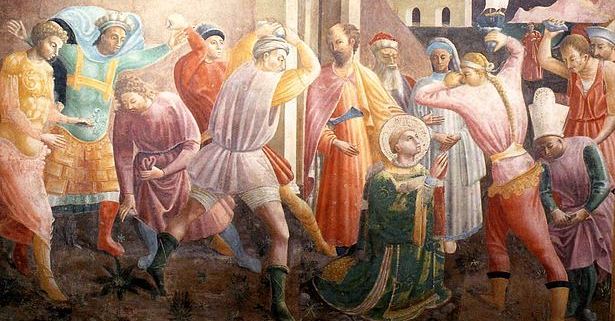“I ask two things from you, Lord.
Don’t refuse me before I die.Keep me from lying and being dishonest.
And don’t make me either rich or poor;
just give me enough food for each day.If I have too much, I might reject you
and say, ‘I don’t know the Lord.’
If I am poor, I might steal
and disgrace the name of my God. – Proverbs 30:7-9 NCV
The Bible generally shows us examples of prayers that are simple and short. Another thing I notice is that they generally de-emphasize self and focus on God and others. The Proverbs writer’s example is one that helps us see the beauty of godliness and simplicity. Here we see the desire to avoid the temptations of the extreme conditions of life.
In the Lord’s Model Prayer, (Matthew 6:5-13) Jesus shows the listeners a prayer with four simple ingredients:
- Praise (Matthew 6:9-10) – God first. Remember to tell him you love him and want his plans to succeed
- Provision (Matthew 6:11) – We shouldn’t hesitate to ask for what we need (Also see Philippians 4:6)
- Purification (Matthew 6:12) – Help us to be forgiving and forgivers
- Protection (Matthew 6:13) – Keep us out of trouble
A little prayer goes a long ways, just like a little contentment returns great gain. (1 Timothy 6:6) If you need to improve your prayer routine, simple is a great place to start.
…The effectual fervent prayer of a righteous man availeth much – James 5:16





















June 30, 2014
Comments Off on A Prayer of Moderation